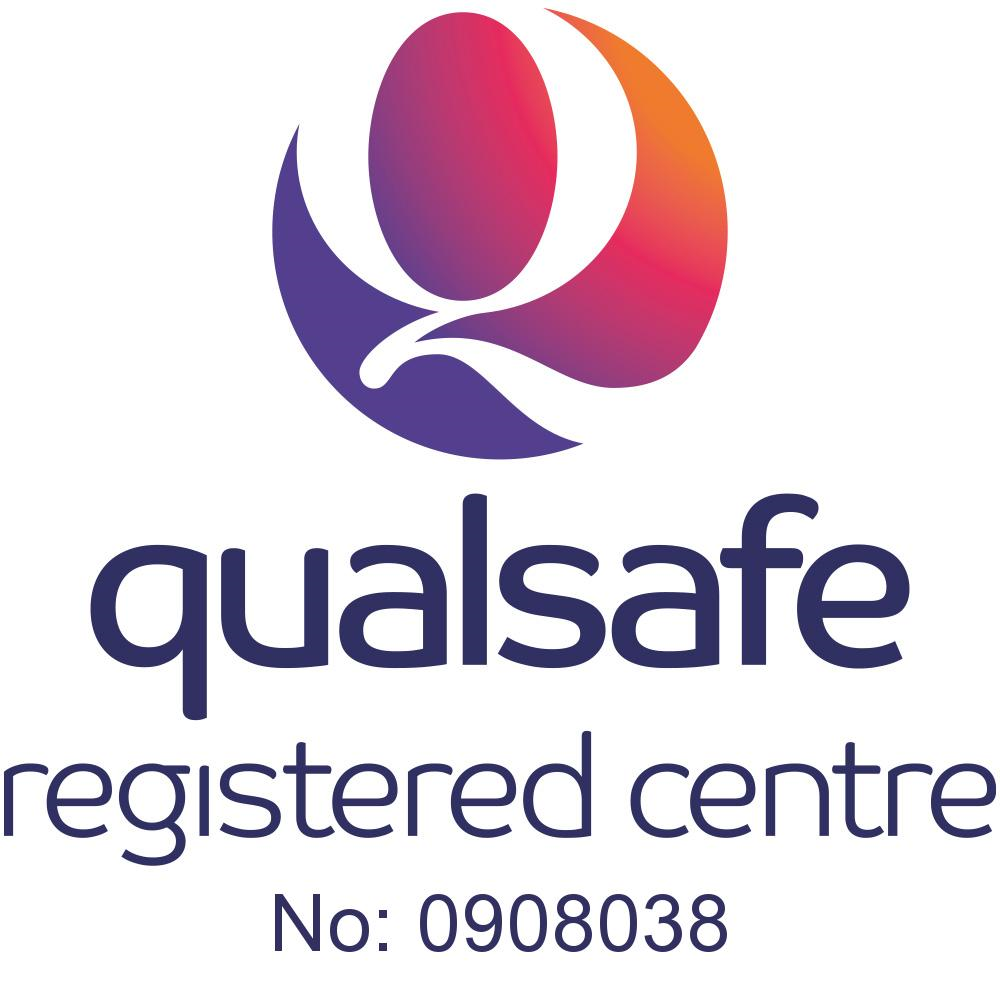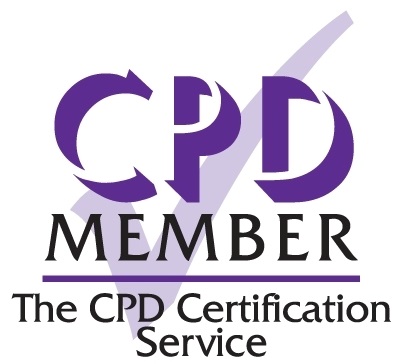Epilepsy Medication
Learning Outcomes
- Describe Epilepsy and Seizures – Identify different types of epileptic seizures, their characteristics, and the underlying causes of epilepsy.
- Identify the Diagnostic Process – Describe the steps involved in diagnosing epilepsy, including medical history, EEG, and imaging tests.
- Explain Treatment Options – Understand the role of anti-epileptic drugs (AEDs), lifestyle modifications, and other treatments in managing epilepsy.
- Analyse Emergency Medication Safely – Demonstrate the correct procedure for administering Buccal Midazolam and recognise when emergency intervention is required.
- Describe Effective Seizure Management – Apply best practices during a seizure, including ensuring patient safety, recording key details, and understanding documentation requirements.
- Describe when to Seek Urgent Medical Attention – Identify situations requiring emergency care, such as prolonged seizures (status epilepticus) or repeated seizures without recovery.
Aim
This course aims to provide a comprehensive understanding of epilepsy, including the different types of seizures, their causes, and the process of obtaining a diagnosis. Learners will gain knowledge of available treatments, with a particular focus on epilepsy medications, their administration, and emergency management. The course will also cover best practices for administering emergency medication, such as Buccal Midazolam, recognising when urgent medical attention is required, and the importance of accurate documentation.
Why Customers would Benefit from the Epilepsy Medication Training Course?
The Epilepsy Medication course provides staff with essential knowledge and confidence to safely support individuals with epilepsy, particularly in administering rescue medication such as buccal midazolam. This course helps ensure quick, effective, and person-centred responses to seizures, improving outcomes for service users and supporting regulatory compliance. It is ideal for staff working in settings where epilepsy management is part of day-to-day care.

Key Benefits for Customers:
Ensures Safe Administration of Rescue Medication
Equips staff with the knowledge and competence to administer buccal midazolam correctly and confidently in line with care plans and clinical protocols.
Supports CQC and Legal Compliance
Meets expectations under the Human Medicines Regulations 2012, Health and Social Care Act 2008, and CQC Key Lines of Enquiry (KLOEs) related to safe medication practices.
Improves Emergency Response Confidence
Staff learn how to recognise different types of seizures, respond appropriately, and follow agreed escalation procedures—reducing hesitation and error during emergencies.
Promotes Dignified and Person-Centred Care
Focuses on supporting individuals with empathy and respect during vulnerable moments, helping staff deliver care that upholds dignity.
Reduces Risk to Service Users and Staff
Minimises delays in administering rescue medication, reducing the likelihood of prolonged seizures, hospitalisation, or complications.
Tailored to Health and Social Care Settings
Content is developed specifically for care homes, supported living, and domiciliary services—ensuring real-world relevance and application.
Strengthens Team Capability and Compliance
Ideal for teams supporting individuals with complex needs, helping services ensure that all relevant staff are trained, confident, and audit-ready.
Let’s Talk About Your Training Needs
Our friendly team is ready to help you build the right training solution for your care setting.
Epilepsy Medication
Course
Epilepsy Medication
Level
3
Practical
Yes
Duration
2-3 Hours
Certificate Length
2 Years
Number of Delegates
12
What Our Customers Say About Us

Registered Manager
Residential Care Home

Domiciliary Care Provider
Residential Care Home


